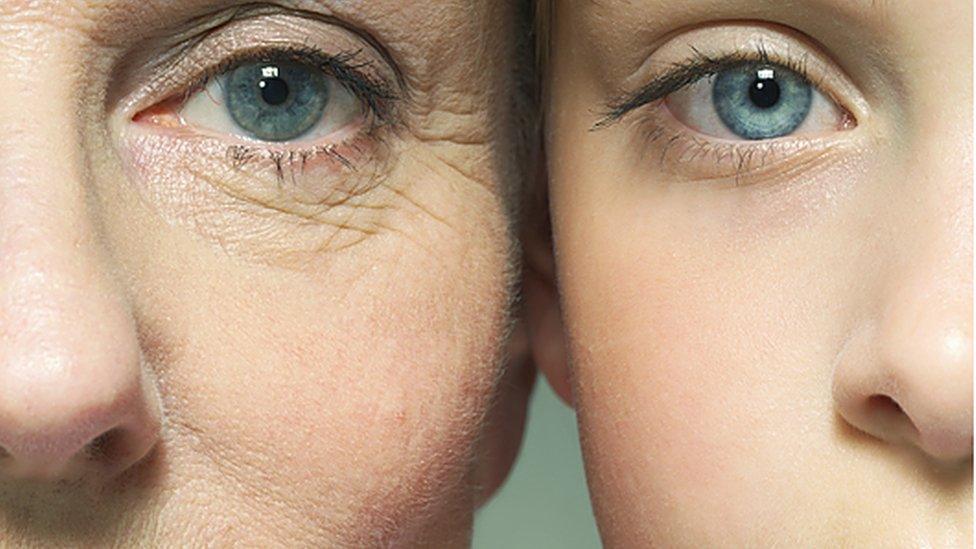Lithium study helps scientists unlock ageing puzzle
- Published

A common drug could hold the key to long life, in flies at least, according to research.
At low doses, lithium prolonged the life of fruit flies in lab experiments.
Scientists say the finding is "encouraging" and could eventually lead to new drugs to help people live longer and healthier lives.
Lithium is used in psychiatry to help stop mood swings but has a risk of serious side-effects at high doses.
How lithium acts on the brain is not fully understood, but in fruit flies the drug seems to extend life by blocking a chemical known as GSK-3.
"The response we've seen in flies to low doses of lithium is very encouraging and our next step is to look at targeting GSK-3 in more complex animals with the aim of eventually developing a drug regime to test in humans," said Prof Linda Partridge of the UCL Institute of Healthy Ageing, who led the study.
The research, published in , found fruit flies lived 16% longer than average when given low doses of lithium.
At high doses, lithium reduced their lifespan.
"We found low doses not only prolong life but also shield the body from stress and block fat production for flies on a high sugar diet," said co-researcher Dr Ivana Bjedov from the UCL Cancer Institute.
Healthier older generation
Claire Bale of the charity Parkinson's UK, which part-funded the study, said: "It's encouraging to see that the researchers have been able to identify a key piece of the ageing puzzle, which one day may allow us to intervene in the ageing process."
"This research has the potential to not only help create a healthier older generation, but also provide significant insights into how we could potentially treat or even prevent conditions of ageing like Parkinson's."
Lithium salts have been used in the past as a health tonic and to heal conditions such as gout and migraines.
In modern medicine, lithium is used to encourage mood stability in bipolar disorder and is also being considered for the treatment of memory impairment.
It has a risk of serious side-effects at high doses.